9 reasons your seeds aren't germinating, according to gardening experts
If you're seedlings aren't growing as you hoped it could be down to one of these mistakes
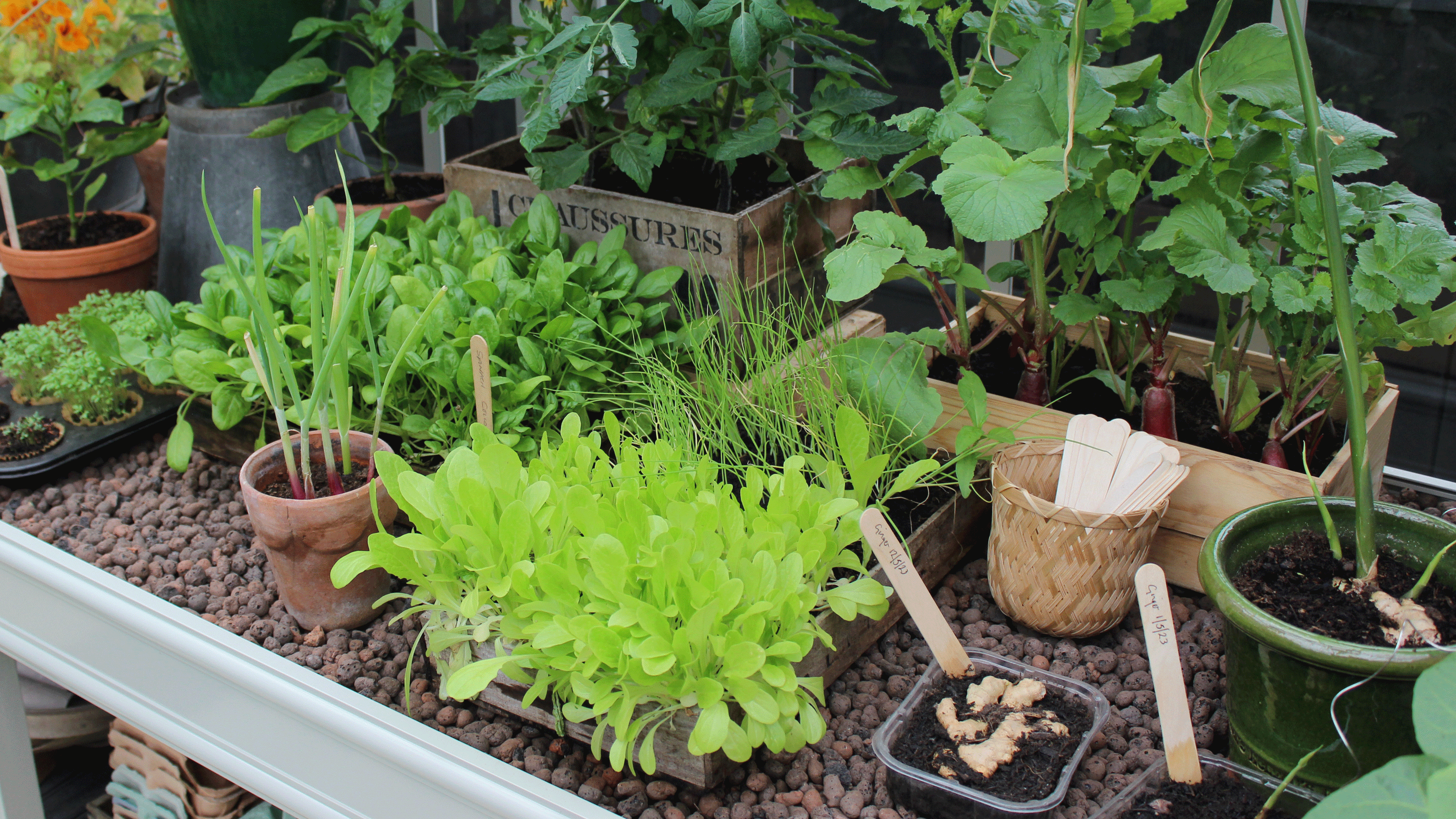

Seed packets are so exciting, offering the promise of a beautiful show of flowers or vegetables, along with the satisfaction of knowing that you have raised your prize specimens yourself, from seed.
However, as every keen plant person knows, there are many reasons why seeds can refuse to germinate, even if you follow all advice for how to sow seeds closely.
'Nature can’t be rushed, and even though most seeds are very easy to germinate, there can still be challenges to do with things such as creating the correct temperature for germination to take place, exposure to light and special treatments required for particular seeds,' says gardener and author Anya Lautenbach, whose first book, The Money-Saving Gardener: Create Your Dream Garden at a Fraction of the Cost was published in February 2024 (available at Amazon).
If we don’t get the conditions right, you might end up with very slow germination, or seeds that don’t germinate at all. This can be very disheartening, especially if you are a first-time gardener looking to grow your own vegetables or plants.
Take heart and have patience, Anya adds: 'Plants naturally want to reproduce, and if seeds are sown at the right time in the right conditions, they will be desperate to germinate, making a gardener’s life easy and gardening more satisfying.'
Why are my seeds not germinating?
Don’t get discouraged if your seeds don’t germinate. Get to know your seeds by reading the packet, then follow our expert gardener advice to give your precious babies the very best fighting chance of turning into fantastic flowers and amazing veg.
1. Your seeds are too old
One major reason why your seeds are not germinating could be because they’re too old. Always check expiry dates on the seed packets because seeds decrease viability overtime. 'Either that or they have been stored in the wrong place,' says Anya Lautenbach. 'It’s best to use fresh seeds, and if they need to be stored, they should be stored in dry cool and dark conditions.'
Annelise Brilli, horticultural expert at seed company Thompson and Morgan keeps her seeds in a dark, air-tight plastic box in a cool garage. She also saves the little packets of silica gel desiccant that come with parcels and pops them inside her seed box to reduce humidity.
Some seeds, such as parsnip, which will only last one year have very short lifespans. But providing they have been kept in cool, dry conditions, many seeds will germinate successfully beyond their sow by date, Annelise believes – so feel free to experiment, but prepare for a few hiccups along the way.
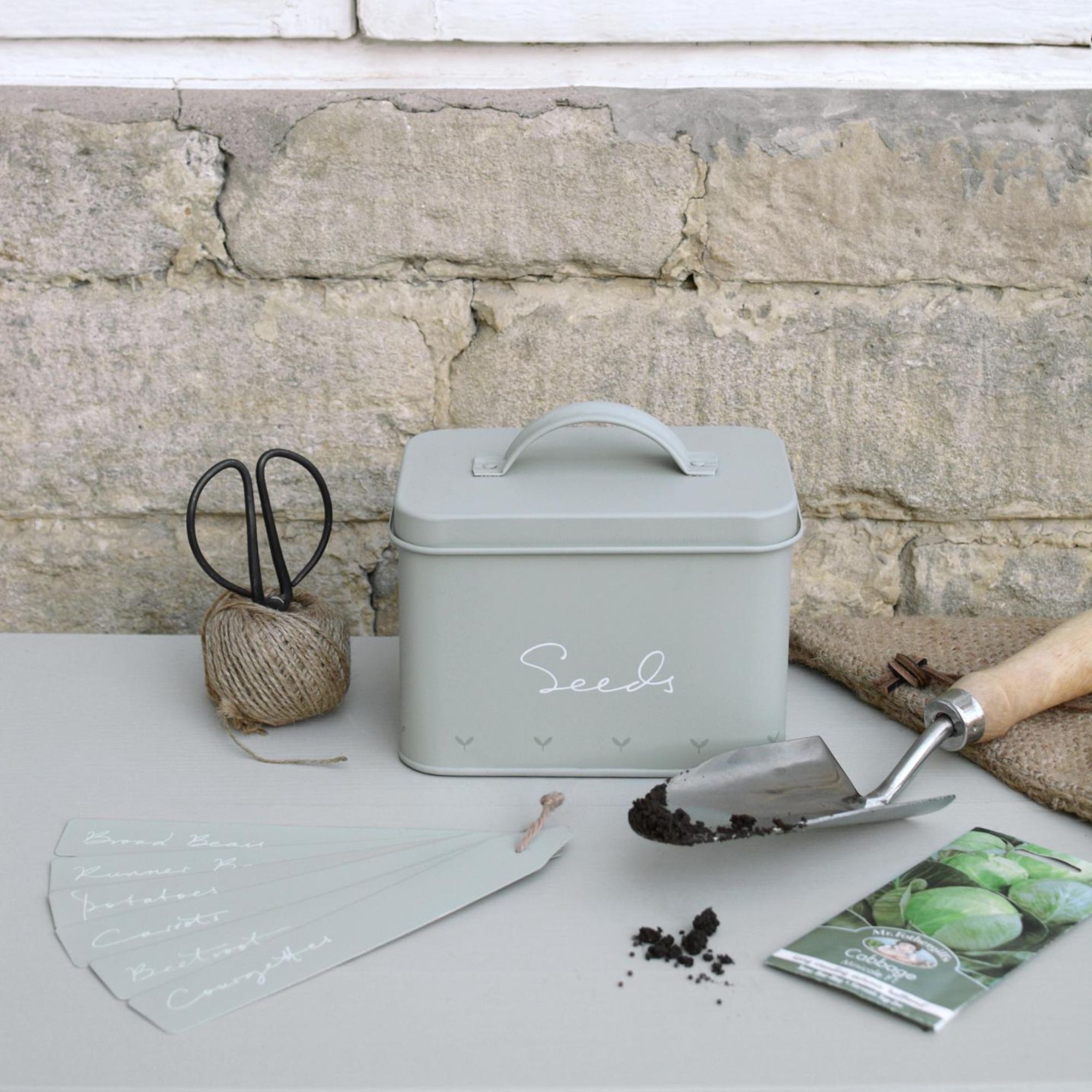
2. They've been over or under watered
Tempting though it is to water your seeds every day, you might be in danger of killing them with kindness. 'There is another reason why seeds are not germinating, and this is related to too much water,' says Anya Lautenbach. 'Overwatering might cause the seeds to rot and if that happens there is no hope and seeds need to be started again. My top tip is to use a spray instead of using a watering can. This is much gentler too and less likely to break delicate seedlings too.'
Julian Palphramand, head of plants at British Garden Centres stresses that balancing moisture levels is crucial to encourage germination to happen: 'Avoid overly wet or dry conditions and ensure consistent dampness in the soil. Seeds can quickly dry out.'
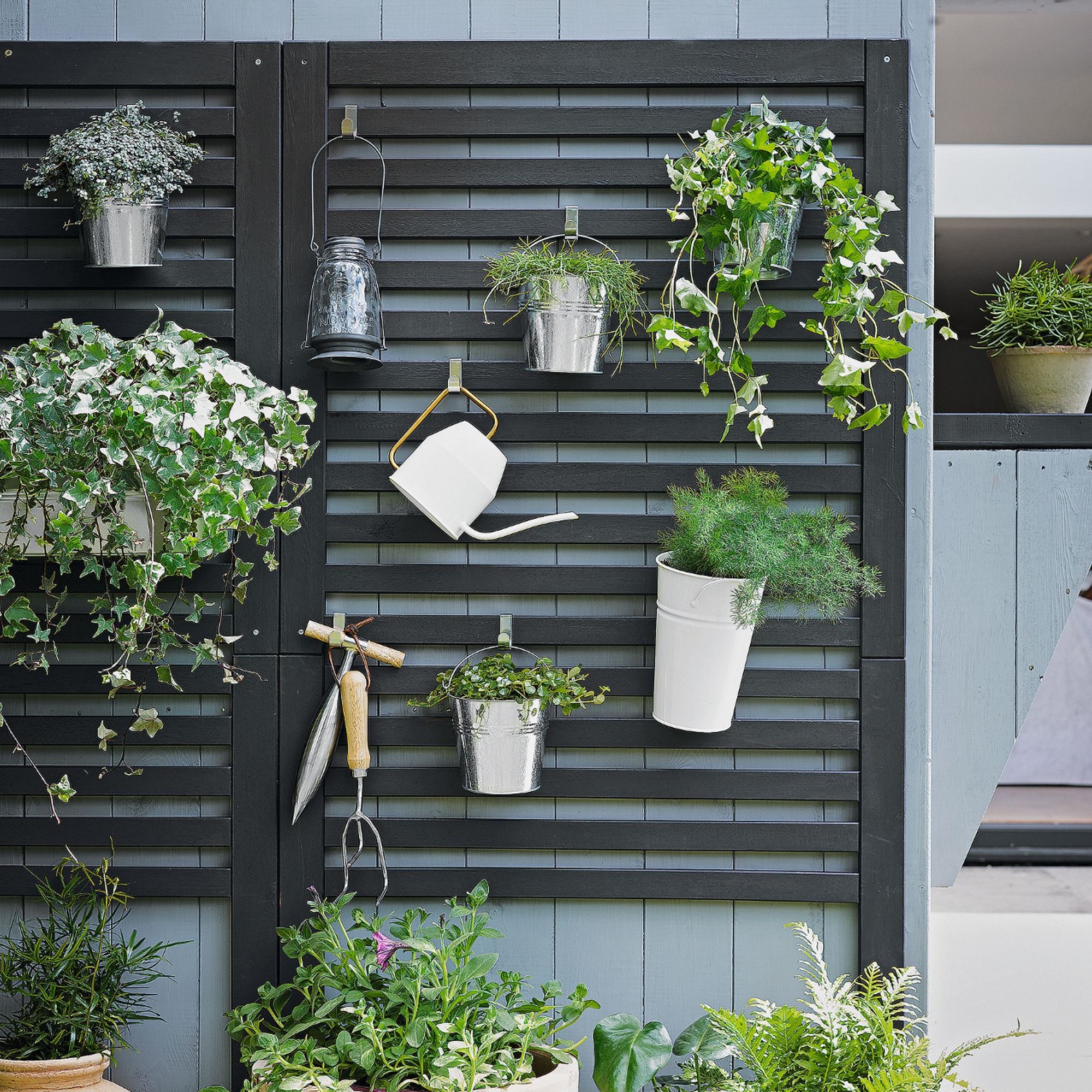
3. They're planted at the wrong depth
Proper planting depth is crucial for successful seed germination, says Julian Palphramand: 'As each plant is different, check your seed packet for specific instructions regarding the depth at which seeds should be planted. Seeds sown too deep may not germinate, seeds sown too shallow can dry out.'
Sowing larger seeds such as sunflowers or beans a couple of centimetres below the surface, is Annelise Brilli’s advice. 'Just make a hole with your finger or a dibber and drop the seed in. Smaller seeds should be sown about 0.5cm deep but very fine, dust-like seed, such as foxgloves, should be sown on the surface and not covered at all.'
Annelise always uses fine-grade vermiculite, available at B&Q, to cover her seeds: 'It makes a consistently fine covering which retains moisture and still lets some light in – which some seeds require for germination.' She puts her vermiculite in a plastic container and shakes it across the surface of her seeds, starting from one corner and working across.
4. Poor quality soil
You need good soil to work hand in hand with your seeds. 'Soil needs to be well-draining with an appropriate pH level for the seed type,' says Julian Palphramand. 'Balancing moisture levels is also important, avoid overly wet or dry conditions and ensure consistent dampness in the soil.'
Gardener and author Sarah Raven likes to check the consistency of soil, by gently rolling it between her hands: 'You’re looking for soil with a relatively fine consistency. When the soil’s consistency is perfect, the shoot can push its way through crumbly soil and head straight for the sunlight.'

5. The temperature is off
Did you know that some seeds require ‘stratification’? This means exposing them to cold temperatures before planting. Check the seed packets in case this is required.
At the other end of the scale, have you given your seeds adequate warmth? 'Tender plants require a temperature of 18 to 20° C (65 to 68° F), whilst hardy annuals will germinate at about 15° C (59° F),' says Annelise Brilli.
6. They've had too much light
'Certain seeds also need exposure to light, while others require darkness,' says Julian. In some cases, exposure to light might trigger germination depending on the type of seeds; other seeds might require a period of darkness in order to germinate.
'Popular garden favourite seeds that require light to germinate include foxgloves, opium poppies, nicotina, lobelia, rosemary, dill, thyme and more,' advises Anya. Meanwhile, calendula, centaurea, delphinium, gazania and nemesia prefer to germinate in the dark; a warm airing cupboard makes the ideal spot.
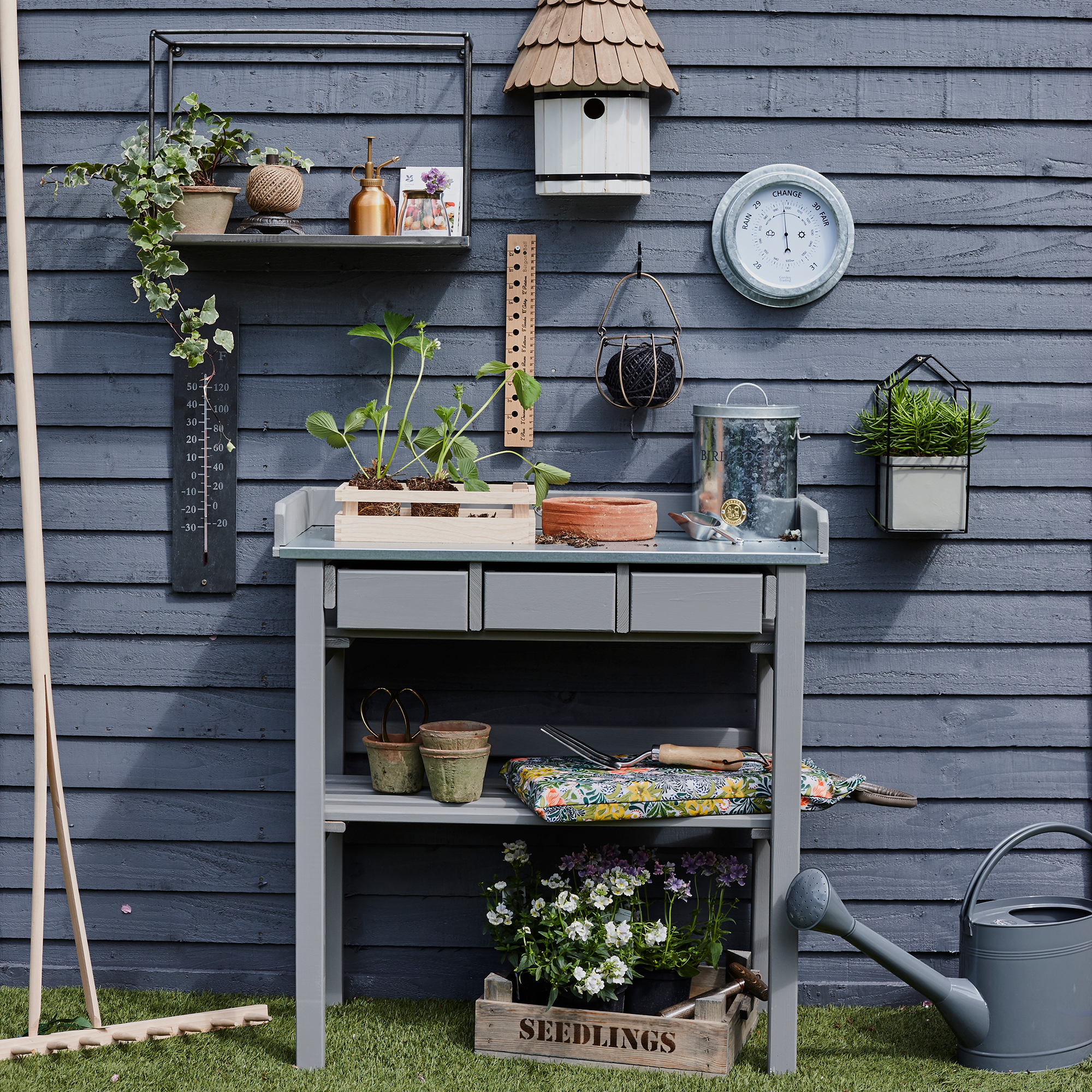
7. They're overcrowded
Have you sown your seeds at the correct density? 'Seeds seem to germinate more successfully when they have company,' says Annelise Brilli. 'But they also do not want to be overcrowded, this encourages ‘damping off’, a fungal disease that attacks the stems causing seedlings to collapse.'
Sarah Raven always sows her seeds thinly, aiming to space them about one and a half inches apart: 'If your seeds feel overcrowded and threatened by their neighbours, they tend to reproduce as quickly as they can, which creates one-minute wonders, which will later stop producing.'
Her method is to take one small pinch of seeds at a time and then sow them quickly in one fast sweep: 'I find it really helpful to mark where I got to with every pinch, so I can make sure I haven’t missed a bit or gone over the same area twice.'
Large to medium small seeds are easy to space. The real challenge comes with sowing very fine seed such as Nicotiana. 'Do not be tempted to splurge the entire packet, thinking ‘the more the better’,' warns Annelise Brilli. 'Portion out only a small amount of seed – you may like to mix it with dry sand to make it easier to disperse. I like to place some seed in one palm, tapping the bottom of my palm with my other hand and using the heart line to dispense seeds in a slow, steady stream over the surface of the compost.'
8. You've overlooked any special treatment
Have you checked whether your seeds require special treatment? Some seeds have very hard seed coats that prevent them from taking up water or contain chemical inhibitors. 'For example, Ipomea (Morning Glory) seeds require soaking overnight, whilst sweet peas benefit from chipping with a knife or abrading gently with a piece of sandpaper,' says Annelise Brilli.
In some cases, it makes sense to pre-sprout your seeds by soaking them in the water and placing them on the wet, kitchen roll. 'This method is useful for seeds with hard skin such as sweet peas or lupins,' says Anya Lautenbach. 'Pre-sprouting or soaking some seeds will increase the rate of germination, but always check the packet first.'
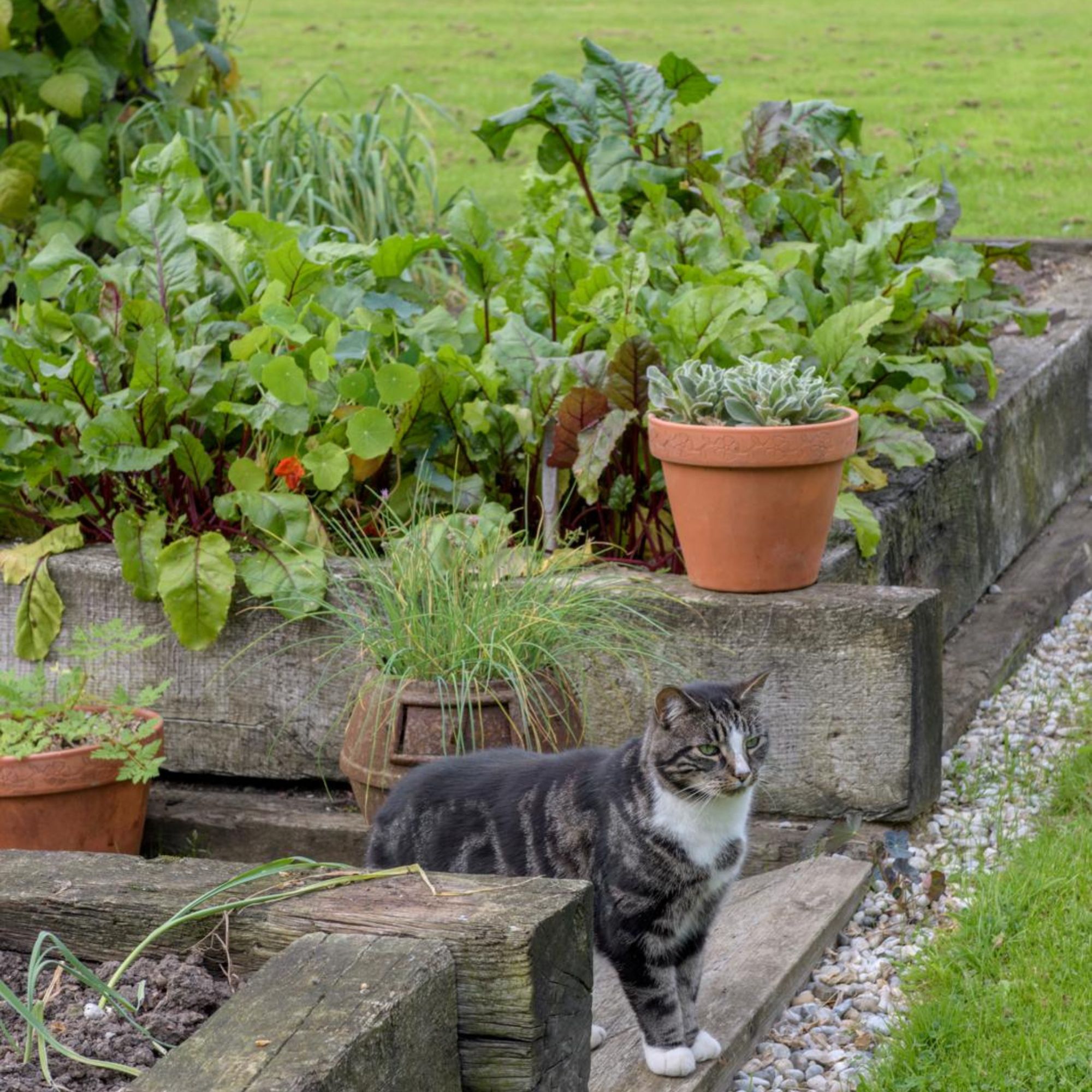
9. Neglecting them as they grow
Some of your seeds may have germinated happily, but chances are they will all be developing at slightly different levels until they become well-established. You can’t afford to neglect any of them, warns Sarah Raven, because stronger seedlings will overpower those still struggling to germinate. 'Paying regular attention to seeds is essential,' she says. 'I tend to my seeds as they grow, thinning out any baby seedlings to avoid overcrowding, once these are about an inch tall and you see a couple of tiny leaves appear, it’s time to start thinning the crowd.'
Her method – she admits it 'may seem brutal' – is to leave one healthy seedling for every four inches. 'Doing this will give the rest of your seeds the best chance,' Sarah says. 'I simply pull them up by the roots, they should come out easily.'
FAQs
What to do if my seeds don't sprout?
There are a few quick things to try first if your seeds won’t germinate, says Anya Lautenbach. 'Sometimes simply moving seeds to a warmer place might help.'
There is lots of free and detailed information on germination habits of individual seeds on the websites of seed suppliers and the RHS, so do make use of online resources, advises Anya Lautenbach.
A warm, sunny windowsill will suffice, but if you are a keen grower a simple electric propagator is a great investment, says Annelise Brilli: 'It will enable you to grow a greater number of varieties, start sowing earlier in the year, and speed up the germination process so you can maximise your use of space.'
If nothing helps and there is enough time, all our experts advise starting again, with fresh seeds, taking extra care to follow all instructions supplied. Always buy your seeds from a reputable garden centre or online retailer.
Why are my seeds taking so long to grow?
It could simply be the wrong time of year. Take note of the specific planting times for each type of plant, as some have specific growing seasons, advises Julian Palphramand. 'Planting either too early or too late in the year can impact germination,' he says. 'There will be growing guides provided on the back of the seed packet to guide you.'
Also be aware that there some seeds always require much longer to sprout than others, and some will require extra treatment such as stratification, which means exposing seeds to cold, warm conditions before germination. 'Some seeds such as lavender, verbena, rudbeckia and many more need a cold treatment to germinate,' says Anya Lautenbach.
How long do seeds take to sprout?
After 10 to 14 days, you’ll see most hardy annual seeds start to germinate says Sarah Raven. However, Julian Palphramand says expect specific seeds to behave in certain ways. If you’re worried that your seeds are not germinating in the expected time-frame, always check the packet.
He suggests the following as popular examples:
Vegetables: Beans: 7-10 days, Peas: 7-14 days, Radishes: 3-7 days, Carrots: 10-14 days, Lettuce: 7-14 days.
Flowers: Marigold: 5-7 days, Sunflower: 7-14 days, Zinnia: 7-14 days, Petunia: 10-15 days.
If you're seeds do fail to germinate, don't give up, keeping trying until you get it right.
Get the Ideal Home Newsletter
Sign up to our newsletter for style and decor inspiration, house makeovers, project advice and more.

Jayne Dowle is an award-winning freelance gardening, homes and property writer who writes about everything from swimming ponds to skyscraper apartments, for publications including Sunday Times Home, Times Bricks & Mortar, Grand Designs, House Beautiful and The Spectator. Awarded the Garden Journalist of the Year accolade at the Property Press Awards in 2021, she has a degree in English Language and Literature from the University of Oxford and a lifelong love of homes, interiors and gardens.
-
 Will a conservatory add value to your home and how can you maximise it?
Will a conservatory add value to your home and how can you maximise it?This is what the pros say
By Amy Reeves
-
 I’ve been looking for a new signature scent for my home and The White Company's new fragrance is the exact summer holiday smell I needed
I’ve been looking for a new signature scent for my home and The White Company's new fragrance is the exact summer holiday smell I neededSantorini smells fresh, summery and sophisticated
By Kezia Reynolds
-
 How to remove algae from garden walls in five steps – and the cleaning product experts rave about for tackling it fast
How to remove algae from garden walls in five steps – and the cleaning product experts rave about for tackling it fastExperts share their top tips for getting garden walls algae-free
By Katie Sims